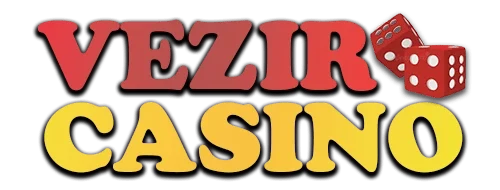When Sony launched the PlayStation Portable in 2004, it changed the rules of portable gaming. Before the PSP, handheld consoles were largely limited to simpler, 2D games with basic mechanics. But with its sleek design and YOKAISLOT robust hardware, the PSP could run visually impressive, 3D games that rivaled those on the PlayStation 2. This leap forward brought an entirely new kind of experience to gamers on the move, making the PSP a crucial part of PlayStation’s larger gaming empire and home to some of the best games in portable history.
The PSP wasn’t just a technical marvel—it was a creative playground. It allowed developers to experiment with how console-quality games could be adapted to portable formats. “Grand Theft Auto: Liberty City Stories” and “Vice City Stories” proved that open-world adventures could be enjoyed anywhere, while “Patapon” fused rhythm and strategy in a style that could only work on a handheld. These PSP games didn’t just replicate console gaming—they redefined it, crafting experiences that suited shorter play sessions while still offering depth and complexity.
What made the PSP stand out even more was its ability to host spin-offs and prequels to popular PlayStation games. Fans of “Metal Gear Solid” could enjoy “Peace Walker,” a fully fleshed-out entry in the series with robust mechanics and a gripping story. Similarly, “Resistance: Retribution” brought the franchise’s alien warfare to a portable audience with impressive success. These connections to the broader world of PlayStation games made the PSP an essential device for loyal fans and newcomers alike.
Today, the legacy of the PSP lives on through its influence on newer platforms like the PlayStation Vita and remote play features on modern consoles. While it may no longer be in production, the PSP’s spirit—defined by innovation, portability, and high-quality gaming—continues to shape how we think about playing on the go. It reminds us that some of the best games aren’t confined to our living rooms—they’re ready to go wherever life takes us.
